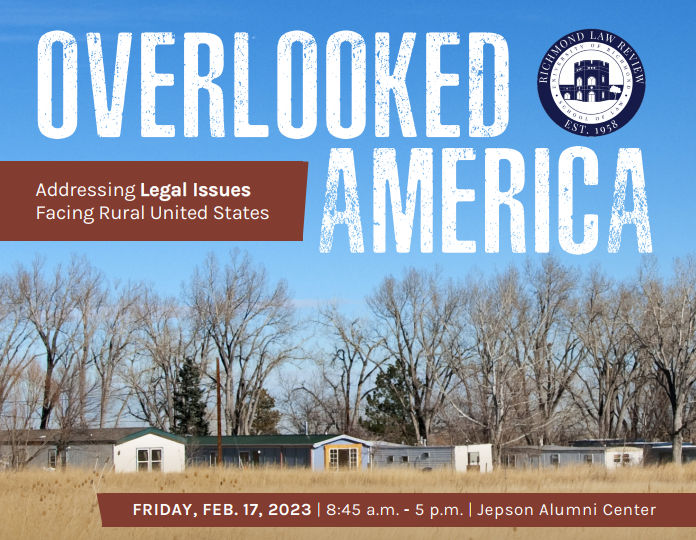
Rural Bashing
Read Full Article (PDF)
Rural Bashing
Anti-rural sentiment is expressed in the United States in three major threads. The first is a narrative about the political structure of our representative democracy—an assertion that rural people are over-represented thanks to the structural features of the U.S. Senate and the Electoral College. Because rural residents are less than a fifth of the U.S. population, complaints about this situation are often framed as “minority rule.”
The second thread is related to the first: rural people and their communities get more than their fair share from federal government coffers. The argument, often expressed in terms of “subsidies,” is that rural places enjoy disproportionate government investments, especially from the federal government, in forms such as social safety net payments, infrastructure investments, and payments associated with the Farm Bill. These investments are said not to be justified by the relatively low amount of taxes rural folks pay and their small populations. Some see these investments as a function of earmarks and pork-barrel politics attributable to outsized small-state power in the U.S. Senate. Implicit in this line of thinking is that urban America does not get enough return on its investment in rural America. It may even evince a lack of awareness that rural and urban are interdependent and that urban folks do enjoy—even rely upon the fruits of rural labor.
The third thread, which emerges from the other two, is a culture of annoyance, even disdain, directed by metropolitan dwellers at rural people, their cultural trappings, and their intelligence. This contempt for rural people seems to envision and target an imagined caricature of working-class and illiberal White Americans; it tends to merge negative associations of working-class Whites with rurality in a “hillbilly” or “redneck” stereotype.19 Such contempt effectively “other[s]” rural folks, marginalizing them from mainstream society as manifested in urban norms.
All three of these phenomena fuel an impulse to dismiss rural needs and penalize rural residents. This unfortunate framing necessarily overlooks the complex realities of rural life, as well as the nuances of rural power and powerlessness. Among other goals, we seek in this Article to re-complicate the situation of rural people as a step toward rural-urban détente, even collaboration. Our task is not to rebut every criticism of rural populations and lifestyles. It is, rather, to document the extreme animus and call attention to how it undermines the wellbeing of communities along the rural-urban continuum. We are deeply concerned that rural bashing hinders coalition building that could solve problems afflicting both urban and rural places.
Kaceylee Klein *
Lisa R. Pruitt **
* J.D. and Ph.D. (English) Candidate, University of California, Davis
** Martin Luther King, Jr. Professor of Law, University of California, Davis


